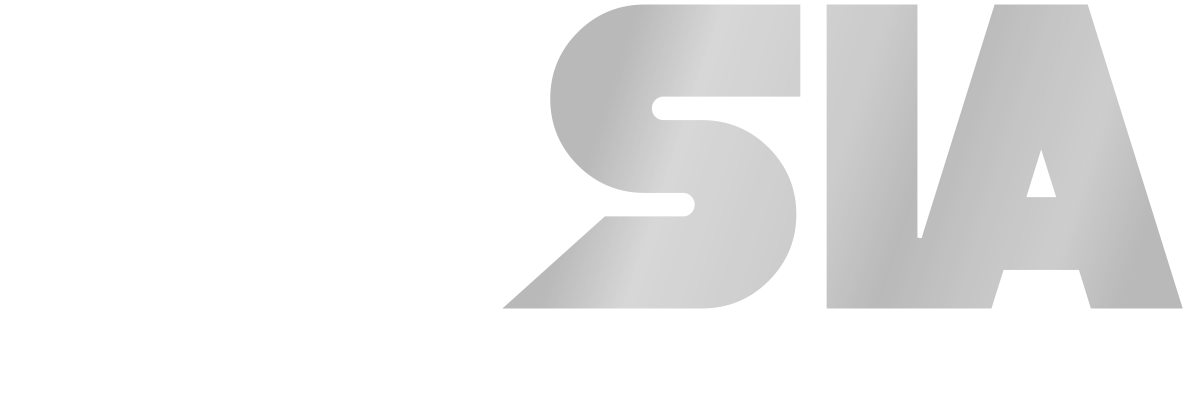By Richie Johnston in 2006.
Physical preparation, technical skill and psychological readiness are the three fundamental steps to becoming the best rider you can be.
However, psychological readiness is often most neglected and not seen as a significant variable. As part of the Cognitive, Affective and Psychological (CAP) model it is important to understand psychological needs.
There are a number of reasons why psychological readiness may be impaired. The following reasons are noticeable, not just in snowboarding but in many sports…
- Inability to focus
- Fear
- Anxiety
A large contributor to a lack of psychological readiness is the lack of ability to focus and concentrate. For some it can be the most difficult skill to master.
Concentration can be effected by several mental and physical factors. The two most common ones seen in sport that are anxiety and self-confidence, two interrelated factors. When people are nervous, or lacking self-confidence, or cold and hungry, or simply ‘busting’ to use the toilet – their ability to focus and concentrate on teaching and riding is reduced.
Focusing your concentration
In order to gain the ability to concentrate or focus, it is often helpful to understand what is involved with this skill. We can focus our attention on the world around us, or inwards to what’s happening inside our body. This can be done through kinesthetics or a movement of a joint to work towards the desired result.
A common problem riders have with concentration is being able to be focused on the right thing at the right time. A second type of problem people often experience is having a misconception that one has to be focused and concentrate for the complete amount of time that they are playing their sport.
The reality is that many sports including snowboarding have times when it is perfectly fine to allow one’s attention to drift away. In fact, in some cases this is an appropriate way to deal with overwhelming emotional nature of sport performances. The challenge is to know how to re-focus on the task after allowing your attention to wander. One of the first steps towards improve your ability to focus and concentrate can be to simply learn how to relax. People that are relaxed, often find it easier to focus. An effective way of obtaining this focus are breathing and counting exercises. Close your eyes and visualize perfect turns and movements. Take a breath – then do it!
Technical skill and mileage acquired through training will help eliminate the fear some people experience. In relation to snowboarding, fear is caused by a sudden step outside of our comfort zone. This is usually caused by a sudden change in terrain, usually with more obstacles than normal or when it becomes steep. Other riders and skiers on the mountain can also contribute to fear. The best way to make sure this feeling is never experienced is to make right decisions where to ride and where to take (and not to take) our clinics or lessons. When fear consumes our thoughts the opportunities to learn take a backward step.
Stress during a sport can be a result of anxiety. Your body naturally responds to awkward moments. Symptoms of stress include feeling a rapid heartbeat, having butterflies in your stomach, heavy breathing and sweaty palms, while others are unaware of these signs.
The first key to stress management/relaxation training is to identify our own and students emotional responses to stress and ability to focus. A positive frame of mind creates the best learning environment.
It is the instructor’s responsibility to ensure that every step is taken to make sure the students psychological needs are met.
Richie Johnston
